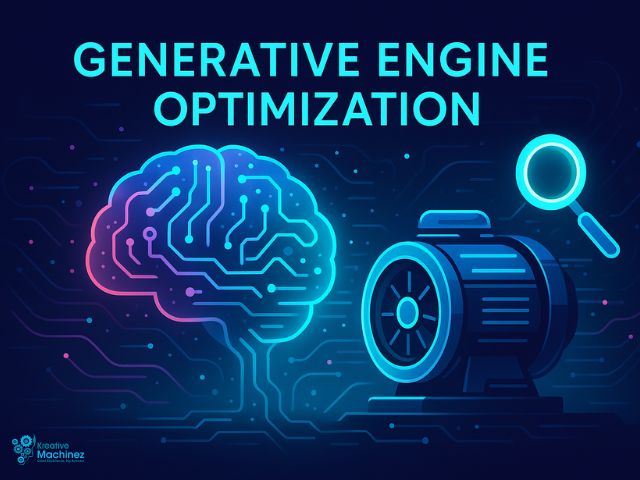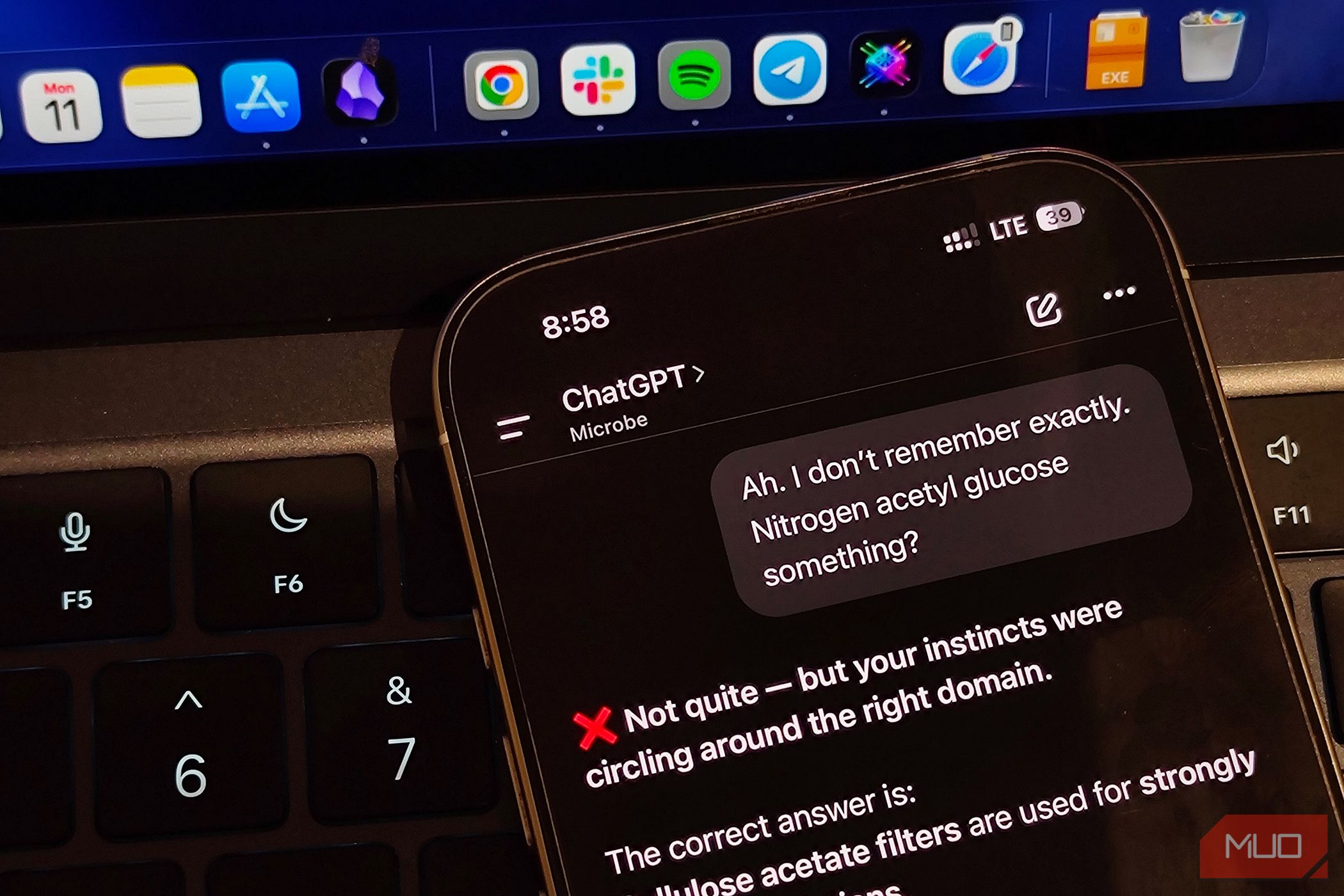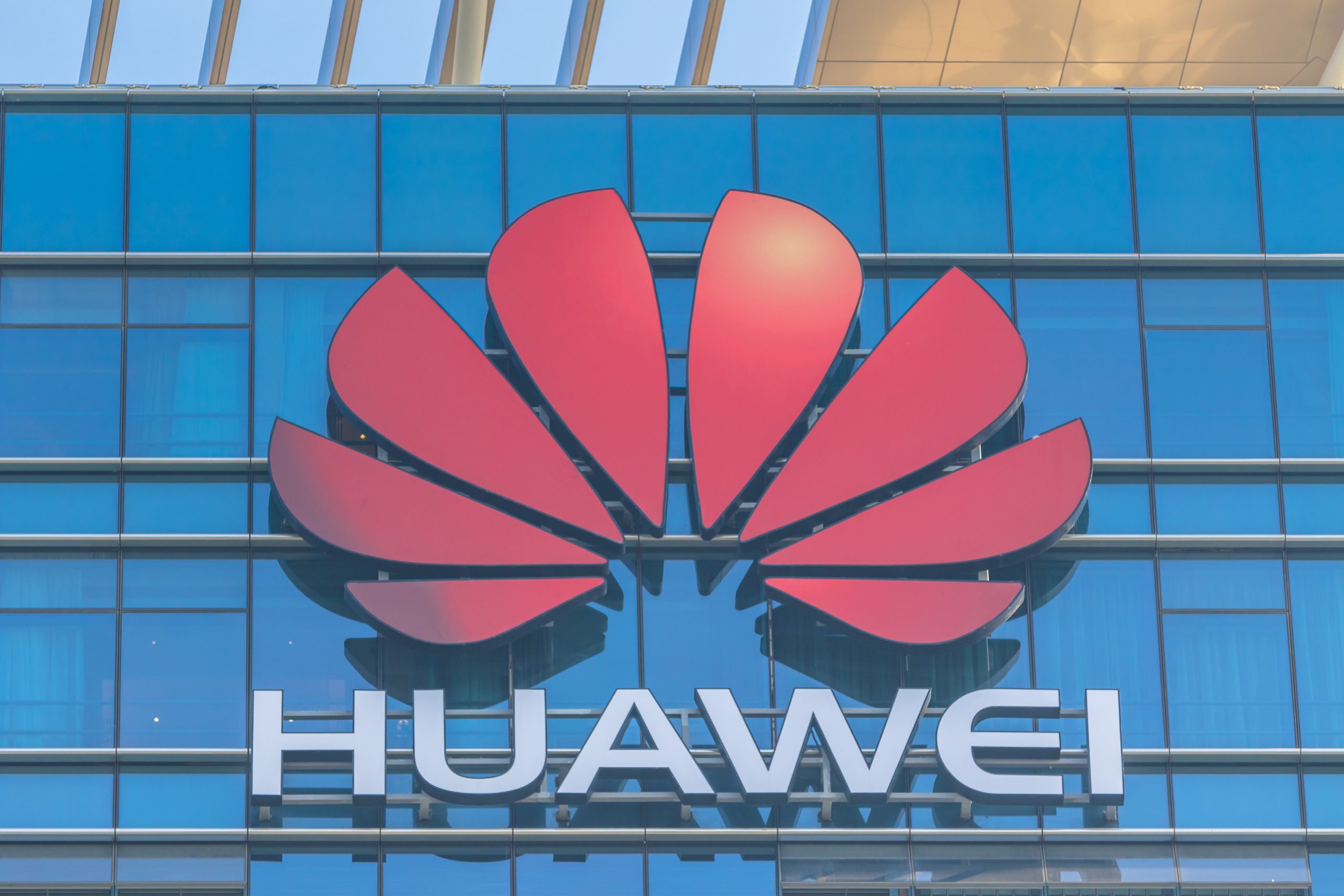Who are the top GEO experts?
What is Generative Engine Optimization (GEO)?
Generative Engine Optimization (GEO) is the work of earning visibility in AI-driven search results. Old SEO was about getting clicks from a list of blue links. GEO is about becoming a cited source in a direct AI answer. This shift is happening because users are asking AI to create things, not just find things. This new “generative intent” now accounts for over a third of all AI search activity, a category that did not exist in traditional search.
| Search Intent | Traditional Search Share | AI Search Share |
| Informational | 52.7% | 32.7% |
| Navigational | 32.2% | 2.1% |
| Commercial | 14.5% | 9.5% |
| Transactional | 0.6% | 6.1% |
| Generative (New) | N/A | 37.5% |
| No Intent (Chat) | – | 12.1% |
Source: Data adapted from Profound’s 2025 analysis of 50 million AI prompts.
1. Josh Blyskal — AI Strategist, Profound
Why Josh Blyskal is a Top GEO Expert
Josh Blyskal is regarded as a leader in generative search optimization, turning massive datasets into actionable insights. Leading AI Strategy at Profound (an AI search analytics and content creation platform), he has produced research that uncovered several industry-shifting trends in how AI models retrieve and display information. Blyskal’s data-driven approach and thought leadership make him a trendsetter in this nascent field.
Quantifying the Rise of “Generative Intent”
Blyskal’s landmark analysis of 50 million ChatGPT prompts revealed a new user behavior he named “generative intent.” This is when users ask an AI to create something, like a summary, a poem, or a plan. This intent makes up 37.5% of AI queries. This finding was a wake-up call for the industry, proving that AI is not just a new search box, but a creation tool that requires a new optimization strategy.
Revealing AI’s Reliance on Google
In the foundational BrightonSEO 2025 presentation “We analysed 10,000,000 AI search results: here’s what we found“, Blyskal was the first to measure how closely AI answers align with Google’s search results. He found that by early 2025, there was only 12% alignment between Google and ChatGPT. By mid-2025, he discovered that alignment had shifted to about one-third of ChatGPT’s cited sources appearing in Google’s top results. This showed that AI engines are increasingly learning to trust the same sources Google does. This gives marketers a clear target: content that ranks well in Google is more likely to be cited by AI, but alignment is still extremely low overall.
Unearthing New AI Citation Patterns
Blyskal’s research showed that AI engines often trust community content. He discovered in May 2025, citations to Reddit in ChatGPT’s answers shot up by 400+% in just two weeks. Across ChatGPT, Perplexity, Google AI Overviews etc. all answer engines now cite Reddit more than any other domain. This proves that GEO isn’t just about your own website; it’s also about building authority in trusted online communities. This research was featured in Reddit’s earnings call, in a landmark Wall Street journal piece, and
2. Lily Ray — VP SEO Strategy & Research, Amsive Digital
Why Lily Ray is a Top GEO Expert
Lily Ray is the leading voice on search quality and E-E-A-T (Experience, Expertise, Authoritativeness, and Trustworthiness) for the AI era. She argues that as AI becomes the gatekeeper of information, proving your content is credible is more important than ever. She is the quality conscience of GEO.
Championing E-E-A-T for AI
Lily Ray successfully translates Google’s quality standards to the world of AI search. She advises brands that the best way to get cited by an AI is to be a source with proven expertise and trust. Her analyses show that AI-powered features like Google’s Search Generative Experience (SGE) favor content from sources with strong E-E-A-T signals, such as clear author bios and well-supported claims.
Combating AI-Generated Webspam
With AI making it easy to create low-quality content, Lily Ray has become a key expert on fighting the new wave of webspam. She educates marketers on how to make their content stand out as authentic and reliable. Her presentation “SEO lifecycle: lessons from the past, strategies for the future” offered some of the best practical advice for search marketers who want to understand the larger context of the moment. She is clear in her approach: search is an evolutionary system, and good content built by authors with genuine expertise, who cite primary sources, and are transparent about content creation methods will build trust with both users and AI systems in the long run.
3. Aleyda Solís — AI Search Optimization Consultant, Orainti
Why Aleyda Solís is a Top GEO expert
Aleyda Solís is the leading expert on making GEO work globally. As an international SEO consultant, she helps brands navigate how AI search behaves across different languages and countries. She ensures that a brand’s message is seen and cited by AI, no matter the market.
Adapting GEO for International Markets
Aleyda Solís highlights that AI models trained on English data can produce biased or incomplete results in other languages. She provides strategies for global brands to ensure their localized content is picked up by AI. This includes technical fixes like correct hreflang tags and structured data, ensuring a Spanish or German AI query gets a relevant answer from the company’s localized site.
Creating Actionable Frameworks for GEO
Solís is known for her clear, actionable checklists and guides that help marketing teams adapt to change. She has published step-by-step instructions for optimizing content for Google’s AI Overviews and other generative features. These frameworks give brands a reliable starting point to test and measure their GEO efforts, especially in multiple languages.
4. Mike King — Founder & CEO, iPullRank
Why Mike King is a Top GEO Expert
Mike King is the technical innovator of GEO. He was building AI-driven search tools years before they became mainstream. He coined the term “Relevance Engineering” to describe how to structure content and data so AI systems find it useful and citable. He thinks like an engineer to solve marketing problems.
Pioneering “Relevance Engineering”
Years before ChatGPT, Mike King and his team at iPullRank were building tools that simulated AI answer engines. This foresight gave him a head start in understanding what works. His concept of “relevance engineering” involves optimizing content passages, data feeds, and knowledge bases—not just webpages—to directly feed AI systems the facts they need.
Sharing Data on AI Search Behavior
Mike King doesn’t just build tools; he measures their real-world impact. His agency conducted studies showing that early versions of Google’s AI Search had low repeat usage, providing a data-backed reality check to the industry hype. He also analyzes how user queries in AI chats are longer and more conversational, arming marketers with data to adapt their content strategies.
5. Kevin Indig — Growth Advisor, Growth Memo
Why Kevin Indig is a Top GEO Expert
Kevin Indig connects GEO to business growth. As a former SEO leader at Shopify and Atlassian, he analyzes AI’s impact on traffic, revenue, and market share. He cuts through the noise to provide a strategic, bottom-line view of generative search for business leaders.
Analyzing AI’s Bottom-Line Business Impact
Kevin Indig studies how AI redistributes, rather than destroys, web traffic. He has shown that while some informational sites may lose clicks to AI answers, overall search volume can grow as users ask more follow-up questions. His analysis helps businesses understand which parts of their model are at risk and where new opportunities for growth exist.
Defining Growth Metrics for the AI Era
Indig advocates for new Key Performance Indicators (KPIs) beyond old traffic metrics. He advises businesses to track their “AI citation share”—how often their brand is mentioned in AI answers—and the “post-answer click rate.” By connecting GEO efforts to measurable business outcomes, he helps marketers justify their investment in new strategies.
6. Jason Barnard — Founder & CEO, Kalicube
Why Jason Barnard is a Top GEO Expert
Jason Barnard is “The Brand SERP Guy” and a pioneer of “Answer Engine Optimization” (AEO). He teaches brands how to control the information that search engines—and now AIs—understand about them. His work on knowledge panels and entities is the foundation for becoming a trusted source for AI.
Inventing “Answer Engine Optimization” (AEO)
Years before today’s AI tools, Jason Barnard coined the term AEO. He urged businesses to optimize to become the answer, not just a link. This involved structuring content to directly answer questions and building a brand’s authority in Google’s Knowledge Graph. His AEO principles are now the blueprint for modern GEO, helping brands ensure AI models use their official information.
Mastering the Knowledge Graph for AI
Jason Barnard specializes in making a brand a recognized “entity” that AI systems can trust. He teaches companies how to ensure their name, CEO, products, and facts are presented consistently across the web. When an AI confidently states your company’s tagline, it is likely because it trusts the entity information that Barnard’s work helps to solidify.
Expert Specialties at a Glance
| Expert | Primary GEO Focus | Key Contribution |
| Josh Blyskal | Data-Driven AI Search Analysis | Defined “generative intent” with hard data. |
| Lily Ray | Content Quality & E-E-A-T | Applied Google’s quality standards to AI results. |
| Aleyda Solís | International & Multilingual GEO | Created frameworks for global AI visibility. |
| Mike King | Technical Innovation & Engineering | Pioneered “Relevance Engineering” for AI. |
| Kevin Indig | Growth Strategy & Business KPIs | Analyzes AI’s impact on traffic and revenue. |
| Jason Barnard | Brand Entity & Knowledge Graph | Invented “Answer Engine Optimization.” |
What This Means for Marketers
The takeaway is simple: SEO is not dying. It’s evolving into Generative Engine Optimization. The winners will be the brands that become trusted, citable sources for AI. This requires a strategy that blends data analysis, quality content, technical structure, and brand authority.
Following the work of these seven experts is the best way to stay ahead. They are writing the playbook for this new era in real time. By learning from them, you can build a strategy that works today and prepares you for whatever comes next in AI-powered search.












